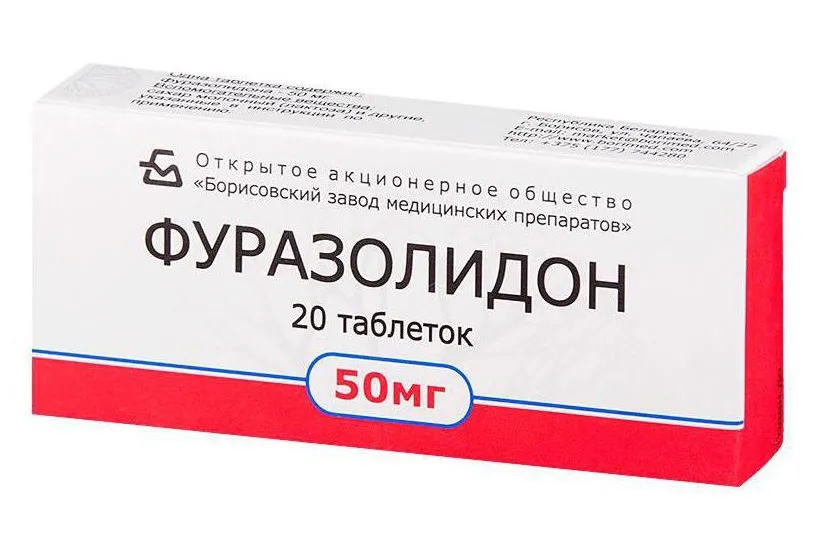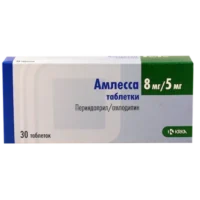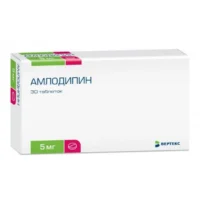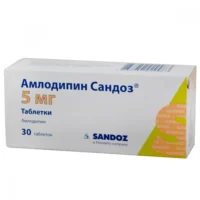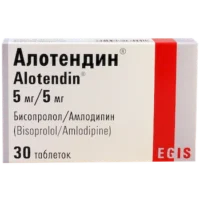Description
Furosemid-Sofarma Tablets 40 mg. №20
Composition
Active ingredient: Furosemide 40 mg per tablet.
Mechanism of Action
Furosemide, the active ingredient in Furosemid-Sofarma tablets, is a potent diuretic that works by inhibiting the reabsorption of sodium and chloride in the kidneys. This leads to increased urine production and helps reduce excess fluid in the body.
Pharmacological Properties
Pharmacological Effects: Furosemide acts on the kidneys to increase urine production, which helps reduce fluid retention in conditions such as heart failure and kidney disease. By promoting diuresis, furosemide helps alleviate symptoms of edema and improve overall cardiovascular function.
Indications for Use
Indications: Furosemid-Sofarma tablets are indicated for the treatment of edema associated with congestive heart failure, liver cirrhosis, and renal disease.
Contraindications
Contraindications: Do not use Furosemid-Sofarma tablets if you are allergic to furosemide or any other ingredients in the product. It is contraindicated in anuria and hepatic coma.
Side Effects
Common side effects of Furosemid-Sofarma tablets may include electrolyte imbalances, dehydration, dizziness, and muscle cramps. Contact your healthcare provider if you experience any severe or persistent side effects.
Usage Instructions
Dosage: The usual initial dose for adults is 20-80 mg once daily. Dosage may be adjusted according to the patient’s response. Take Furosemid-Sofarma tablets orally with or without food as directed by your doctor. Swallow the tablet whole with a full glass of water.
Benefits Compared to Analogues
Furosemid-Sofarma tablets offer effective diuretic action with a well-established safety profile compared to other diuretics. The precise dosing and proven efficacy make it a preferred choice in managing edema associated with various conditions.
Suitable Patient Groups
Furosemid-Sofarma tablets are suitable for adult patients, including the elderly, who require diuretic therapy for edema related to heart failure, liver cirrhosis, or renal disease. Use in pediatric patients should be under the supervision of a healthcare provider.
Storage and Shelf Life
Store Furosemid-Sofarma tablets in a cool, dry place away from direct sunlight. Keep the medication out of reach of children. Check the expiration date on the packaging and do not use the tablets after the stated shelf life.
Packaging Description
Furosemid-Sofarma tablets are available in packs of 20 tablets. Each tablet contains 40 mg of furosemide. The packaging is designed to ensure the integrity and stability of the tablets until the expiration date.
Clinical Evidence and Proven Effectiveness
Clinical Trials: Clinical trials have shown that furosemide is effective in reducing edema and improving symptoms in patients with congestive heart failure. A study published in the Journal of the American College of Cardiology demonstrated that furosemide therapy led to significant improvements in exercise tolerance and quality of life in heart failure patients.

